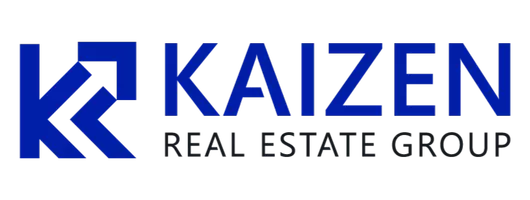Longbridge has record quarter for proprietary volume, posts $8.6M profit
Ellington Financial reported strong financial performance from its reverse mortgage subsidiary, Longbridge Financial, during its third-quarter earnings call on Thursday.
Longbridge posted net income of $8.6 million from July through September — down from the $10.7 million profit it achieved in the second quarter but a continuation of a positive trend after its $1 million loss in the first quarter of 2025.
During the third quarter — shortly before federally insured Home Equity Conversion Mortgages (HECMs) were stalled by the federal government shutdown — Longbridge originated $498.6 million in volume across its HECM and proprietary lending segments. Its wholesale and correspondent channels were responsible for 71% of the volume.
“The Longbridge segment had another excellent quarter with strong contributions from both origination and servicing,” said JR Herlihy, Ellington’s chief financial officer. “Origination profits were driven by higher origination volumes of prop reverse mortgage loans, higher origination margins for HECM reverse mortgage loans, and net gains related to the prop loan securitization completed during the quarter.”
The company’s servicing book grew by 37% on a quarterly basis to reach $750 million in unpaid principal balance (UPB) at the end of September. Longbridge said it originated a record amount of proprietary reverse mortgages in the third quarter, and proprietary loans now account for 62% of the portfolio’s value, up from 52% at the end of June.
Mark Tecotzky, Ellington’s co-chief information officer, said that technology investments across the company are spurring growth — something that Longbridge wholesale employees highlighted during last month’s annual meeting of the National Reverse Mortgage Lenders Association.
“We continue to invest in proprietary technologies that enable our affiliate loan originators and other partners to originate and deliver loans more efficiently to us,” Tecotzky said. “Those technology investments are paying off through higher purchase volumes as we have greatly expanded the breadth of originators who sell loans to us. We’re also optimistic about the potential for technology to both automate and improve many aspects of loan underwriting.”
Q&A with analysts
During the Q&A portion of the earnings call, Timothy D’Agostino of B. Riley Securities asked about Longbridge’s competition in the proprietary reverse mortgage space.
Ellington CEO Laurence Penn said that “there’s not much (competition) in the prop space in particular,” adding that Longbridge is the country’s No. 2 producer by volume.
“I think the reason that it’s harder for others to originate the product is that they don’t have the kind of capital base and the outlet for the product the way that do in a kind of vertically integrated way,” Penn said.
“… The fact that our securitization is going so well has meant that we’ve been able to actually offer better terms to borrowers, because the securitization outlet has provided us better execution over the past several quarters. So that has translated into better rates for borrowers, which has translated into higher volumes for us.”
In response to a question from BTIG analyst Eric Hagen about whether the Longbridge portfolio requires “more leverage to achieve its target returns,” Penn said he didn’t think so, pointing out that most of the company’s equity is tied to servicing — especially HECM servicing, which still accounts for the majority of the reverse mortgage market.
“That’s just a very high-yielding return on that servicing without any leverage — much higher yielding than forward (mortgage) servicing,” Penn said.
UBS analyst Marissa Lobo asked for Penn’s views on how moderating home-price appreciation (HPA) and an evolving regulatory environment are impacting the company’s outlook for the reverse mortgage space.
Penn referred to Ginnie Mae’s development of HMBS 2.0, an alternative securitization program that “seems to be stalled.” But he added that home-price appreciation “definitely matters” since lenders that retain residuals through proprietary securitizations assume long-term exposure to home-price changes.
“It’s something that we keep a very close eye on and it will impact the value of that portfolio,” Penn said. “But you also have to remember, there’s a lot of cushion there. … All reverse mortgages are originated at initial extremely low LTVs. So you’re really not so much exposed to shorter-term HPA as you are to ultra-long-term HPA. In the short term, you’re talking about LTVs that are well below 50%.”
Categories
Recent Posts









